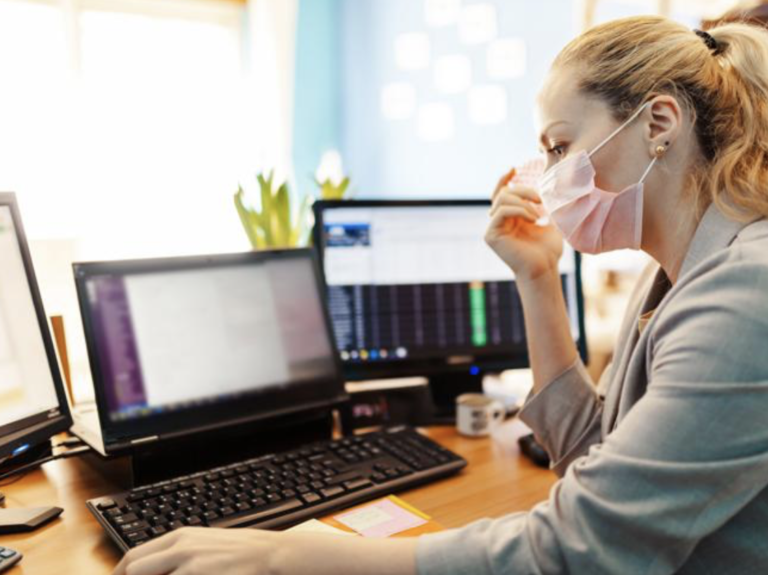
By Dr. Elisa Gatti and Dr. Cristina Vismara
Two years after the onset of the pandemic, in a time when society is being encouraged—legislatively and culturally—to return to “normal,” it can be useful to reflect from a psychological and emotional perspective.
We started from a state of heightened alert and activation, marked by destabilizing emotions like fear and anguish. We were faced with a danger that was both unknown and deadly, as well as the hope and fantasy of finding a “cure” that would allow us to eliminate it and return to the life we once knew—one that felt safe.
Over time, however, we have been learning to coexist with COVID. We are gradually getting to know it and learning to manage it thanks to ongoing scientific progress. The initial emotional intensity is giving way to slower, more enduring feelings, and likely a growing awareness that this is not a 100-meter sprint, but a marathon. The finish line isn’t where we thought it was, and both body and mind need to reorganize to keep going.
So what kind of outlook can we have on the present and the future?
Can we allow ourselves to live with the pandemic—without being overwhelmed by anxiety or pretending it doesn’t exist? The variables to consider are certainly increasing, but complexity can be managed.
What is happening to us psychologically?
Like during a marathon, the body and mind slowly adapt to the demands of this new reality and the shift in habits. But this adjustment comes with emotional and relational effort.
Many psychological processes occur unconsciously. Reflecting on our inner emotional states can support and ease the journey.
From a psychological standpoint, we are dealing with the realization that things may never return to exactly how they were. This involves mourning the loss of that belief and reworking our expectations, life plans, and vision of the future. This must be acknowledged to process it psychologically and to allow ourselves to live in this new dimension.
Is it normal to feel more insecure?
Absolutely. The awareness that our current reality is constantly evolving amplifies a sense of unpredictability, which can fuel anxiety.
We’re forming a new perception of risk and safety, for ourselves and our loved ones, depending on our family structure and relational context.
These shifting perceptions, alongside mobility limitations and remote work, have impacted social relationships. Rebuilding our social network now requires more intentionality and energy. It involves renegotiating relationships in light of changed circumstances and perceptions of others.
The third runner in our marathon—COVID—that we hoped to leave behind after 100 meters, is still running beside us. Sometimes fast and aggressive, sometimes weak and slow, but always there—shaping how we relate to ourselves and others, and how safe we feel in those relationships.
So what can we do?
That’s a valid and understandable question. But when it comes to emotions, sometimes the answer is not about “doing” but about allowing ourselves to simply be—recognizing our inner resources to cope with what we’re feeling or acknowledging when we need help.
A good starting point is to maintain awareness of ourselves: observe our emotions, understand their context, and pay attention to the signals our body and relationships are sending.
Staying in touch with ourselves enables us to discover new, personal ways to adapt to the evolving world around us.
Which signs of distress should not be ignored?
It’s important to seek professional help when emotional discomfort starts to affect daily wellbeing, interferes with our ability to fulfill important roles (as parent, professional, child), or causes tension in close relationships (with partners, children, or colleagues).
Some concrete warning signs include:
- Persistent anxiety
- Panic attacks
- Mood swings or depressed mood that limits motivation for daily activities
- Sleep disturbances
- Disordered eating
- Irritability, anger outbursts
- Obsessive or ruminating thoughts
- Somatic symptoms without organic cause
Once these internal signs of distress are recognized, the next important step is to remember that asking for help is a strength. It can become an opportunity to reconnect with yourself, to understand your symptoms and signals more clearly, and to know that you are not alone on this journey.
